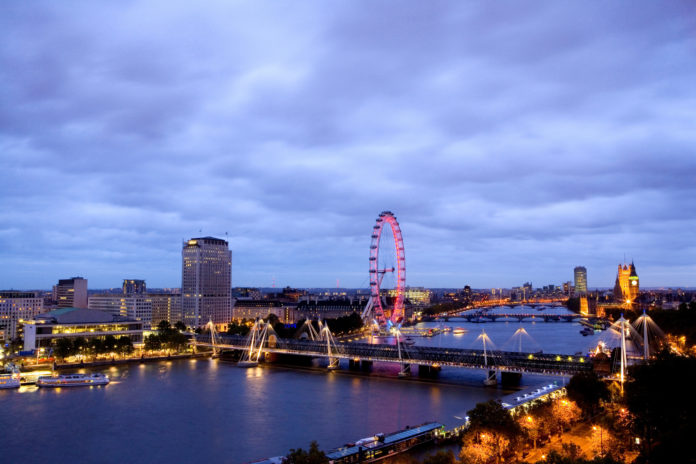With RAJAR ratings due Wednesday for the first time since the arrival of COVID-19 in Great Britain some 19 months ago, many across the U.K. are biting their nails and praying that listening levels haven’t fallen for the nation’s privately operated radio brands or those under the BBC’s control.
At the same time, they’re perusing new rules “needed to protect British radio output on smart speakers” — regulations that do not put a mandatory switch-off date in place for analog FM transmissions.
In a statement released late last week from the British Department for Digital, Culture, Media & Sport, “British radio lovers’ favourite stations should be protected for the future through new regulation so they can be accessed easily on smart speakers.”
What does this mean? There will be no digital switchover in Wales, England, Scotland or Northern Island until at least 2030.
It’s all about “protecting listener access to radio services,” even as DAB has become a leading way U.K. radio consumers tune in to their favorite local, regional or national radio brands. Around 60% of all radio listening is now via DAB or another digital platform. It is the 40% that do not use DAB or digital platforms that is of key concern.
The move helps Global, Bauer and the BBC, in particular, by ensuring older audiences aren’t completely cut off from consuming their FM or MW stations of choice.
In the U.K., smart speakers such as Amazon Echo and Google Home are owned or accessed by a third of all adults. the government says.
“The report recommends new measures to protect UK radio stations’ accessibility so that their content is carried on platforms via connected audio devices such as smart speakers and car ‘infotainment’ systems,” the British government explains. “This will mean they can continue to reach loyal audiences as radio is increasingly listened to via tech platforms rather than traditional radio sets.”
ELDER PROTECTION
One key reason for maintaining analogue FM radio signals across the U.K. is “so the elderly, vulnerable and people in remote communities can access essential news and entertainment.”
Analogue radio listening will account “for just 12% to 14% of all radio listening by 2030, but FM in particular remains highly valued by many listeners, especially those who are older or more vulnerable, drive older cars or live in areas with limited DAB coverage.”
And, that 12% to 14% threshold is significant in total numbers of potential listeners who will be unable to tune in to any broadcasts.
According to a survey shared by the Office of Communications for Switzerland (OFCOM), “just 13% of the Swiss population still listened to radio on FM in 2020.” Furthermore, digital radio use increased by 22 percentage points between 2015 and 2020. Armed with this intelligence, the Swiss government is moving ahead with firm end-of-transmission dates for analogue FM signals. Swiss’s public broadcaster SRF will be pulling the plug on its FM signals in mid-2022. Private broadcasters will cease FM broadcasts in January 2023.
Meanwhile, unlike the U.S. and Australia, where AM is consumed by those who may be older in age or who live in rural areas, Medium Wave services in the kHz band could be phased out soon — replicating many nations across Europe.
As of today, MW stations between 530 kHz and 1690 kHz account for under 3% of all listening. These stations’ owners “should develop a plan to retire national medium wave services, given the cost of running duplicate networks,” the UK government suggests; indeed, most AM band stations’ programming can be found on DAB.
Seb Enser-Wight, Chief of Staff and Director of Strategy & Development of Global, which seeks to own up to 49.9% interest in iHeartMedia, said, “We welcome the move to protect FM until at least 2030, recognising the important role it plays in many people’s lives. We’re pleased that there are recommendations to safeguard listeners’ ability to access radio services freely and easily on FM, DAB and IP platforms, including smart speakers and connected cars.”
The Digital Radio and Audio Review was commissioned by the government in February 2020 with the objective of assessing likely future trends in listening and to make recommendations on ways of strengthening UK radio and audio.




